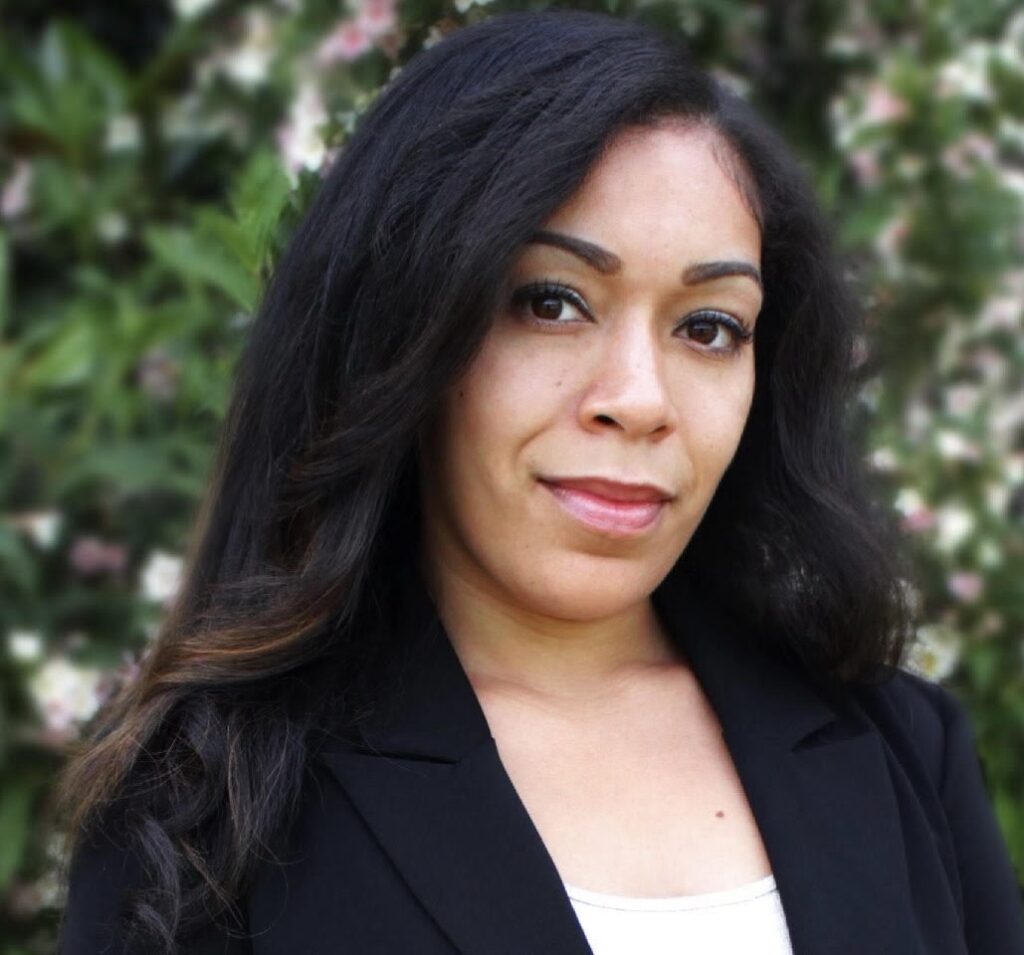The writer raises concerns about a proposed pipeline planned for central North Carolina, particularly high costs passed onto ratepayers.
By Crystal Barnes / Beacon Media
This opinion column is syndicated by Beacon Media and is available to republish for free anywhere under our guidelines.

As a single mother of three and cancer survivor, I work hard to lower my bills however I can. After undergoing radiation treatment, I was playing catch-up with many of my expenses.
My energy bill was one of the most burdensome, reaching nearly $450 per month for my house in Winston-Salem. Thanks to the help of PowerUp NC, a program of the N.C. League of Conservation Voters Foundation, I received support for a state-run weatherization assistance program that helped me make upgrades to use less energy.
That support helped cut my bill in half.
But now, my bills are rising once again. After doing everything I could to limit my energy use and weatherize my home, it’s deeply frustrating to see my costs increasing. Is it too much to ask for stable, predictable rates?
I’ve learned from PowerUp that the main reason we’re seeing ever-increasing rates is that Duke Energy refuses to maximize renewable energy sources, like solar, one of the lowest cost energy sources. Despite alternatives, they continue investing in an unhealthy, expensive fuel source – methane gas –and passing those costs on to us.
An independent study commissioned by Duke Energy found that it could keep bills low and meet the carbon reduction targets by tripling the proposed solar on its grid by 2030.
Instead, Duke has planned the largest buildout of dirty fossil gas in the nation, according to data compiled by the Sierra Club.
Since I live in Forsyth County and because of my work with PowerUp, I know that the Transco Southeast Supply Enhancement Project (SSEP), is the largest pipeline expansion in our region in a decade. It’s planned to run through Rockingham, Guilford, Forsyth, and Davidson counties. Projects like this often cost several times more than solar or wind.
I’m a 37-year-old mom of three. My community is very quiet and close-knit, consisting of mostly the elderly and families with young children. Everything we do, we do to protect our children and elders who are most vulnerable.
Those making the decisions about prices need to put themselves in our shoes. They should stop considering only what’s going to line their pockets and consider how it affects our health and our finances. It is unfair for us to have to deal with this. We did not ask for these pipelines.
And the risks aren’t just financial. Studies show that methane gas pipelines leak at multiple points in the production process—leaks that carry serious, well-documented health risks. As a cancer survivor, I take health concerns like these extremely seriously.
Exposing ourselves to these risks is completely unnecessary. There are cleaner, cheaper, and more reliable energy sources available; options that are also safer for our families and communities. Methane pipelines are simply not worth the health or financial risks they pose.
Our community deserves better. We care about our health, our safety, and our economic well-being. I worry that Duke Energy–and the agencies meant to oversee our utility rates—are putting profits before people.
Despite consistent community opposition, Duke Energy is moving forward with this project. That means it’s up to us to speak out and push back.
I still believe in the power of our voices and collective action. I have signed a petition urging the N.C. Utilities Commission to hold Duke Energy accountable and prioritize a just, clean energy future. In the meantime, I’ll continue to show up for my neighbors and my community.


Crystal Barnes is a proud mother of three children, an advocate, and a community leader who lives in Winston-Salem. This column was produced in partnership with N.C. League of Conservation Voters Foundation and is syndicated by Beacon Media. This column is available to republish for free on all platforms under Beacon Media’s guidelines.